BubQuery always return the empty result if the query is correct.
1st Query:
SELECT * FROM `user` WHERE user_age IN(1,22,34);
Result:
2nd Query:
SELECT GROUP_CONCAT(user_age_list) AS user_age FROM `user_detail` WHERE id='1';
I am try:
SELECT * FROM `user` WHERE user_age IN(SELECT GROUP_CONCAT(user_age_list) AS user_age FROM `user_detail` WHERE id='1');
Sqlfiddle: http://sqlfiddle.com./#!9/d6515f/3 //This is a sample table.
Above the query is always return the empty rows. But each of query return the result if its run single. Really I don't know where is the error. Please update the answer or suggest me.

